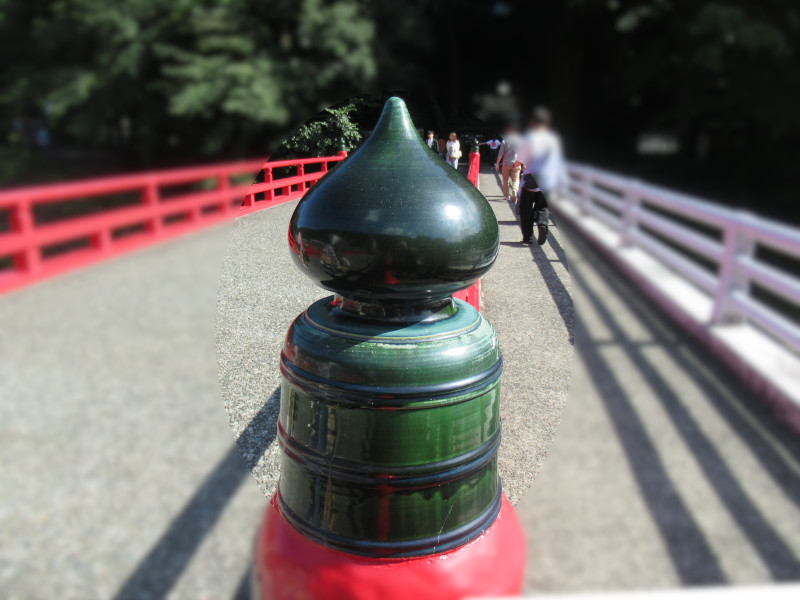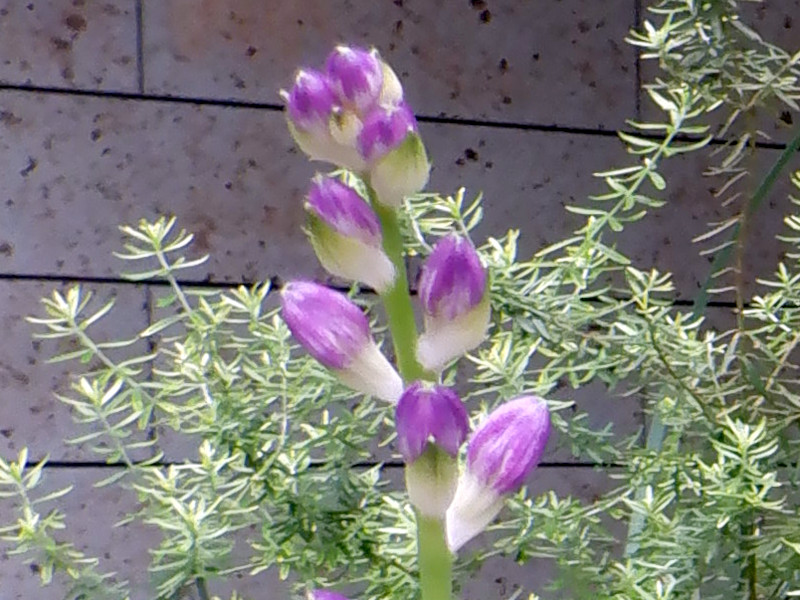Sagae hosta
- Flower nameSagae hosta
- Scientific nameHosta fluctuans
- Aliasギボウシ'サガエ', Hosta fluctuans, 寒河江擬宝珠
- Place of originJapanese horticultural
- Place of floweringGarden, Botanical Gardens, Park, Potted flower, Ornamental plants
- Flowering seasonJune, July, August
What is Sagae hosta
Sagae Hosta (Scientific Name: Hosta fluctuans 'Sagae') is a large winter-deciduous perennial plant (herbaceous perennial) belonging to the Asparagaceae family and the genus Hosta. It is one of the horticultural varieties of "Hosta," primarily grown for its ornamental foliage. The beautiful leaves are at their best from March to October.
This cultivar, found in a private home in Sagae City, Yamagata Prefecture during the Taisho period, features yellow-margined leaves and is considered a variegated cultivar of Hosta fluctuans. In 2000, it won the "Hosta of the Year" award and is globally popular as an ornamental plant.
The plant grows to about 60 cm in height, with long, heart-shaped leaves that have wavy edges. In summer, it produces racemes of white to pale purple funnel-shaped flowers that bloom densely from the tips of the flower stalks.
Origin of the Name
"Hosta" is named after the traditional architectural ornament "Hosta" because the flower buds resemble this ornament.


Do the giboshi on the bridge railing and the giboshi flower bud look similar?
The Japanese name "Sagae Hosta" comes from the plant genus "Hosta" and the place where it was discovered, Sagae City (Yamagata Prefecture). The genus name "Hosta" is derived from the Austrian botanist Nicolaus Thomas Host, and the species name "fluctuans" means "wavy" in Latin, referring to the wavy leaf edges.
Flower Meanings
For all Hostas, the flower meanings are "calmness," "tranquility," "serenity," and "quiet person."









